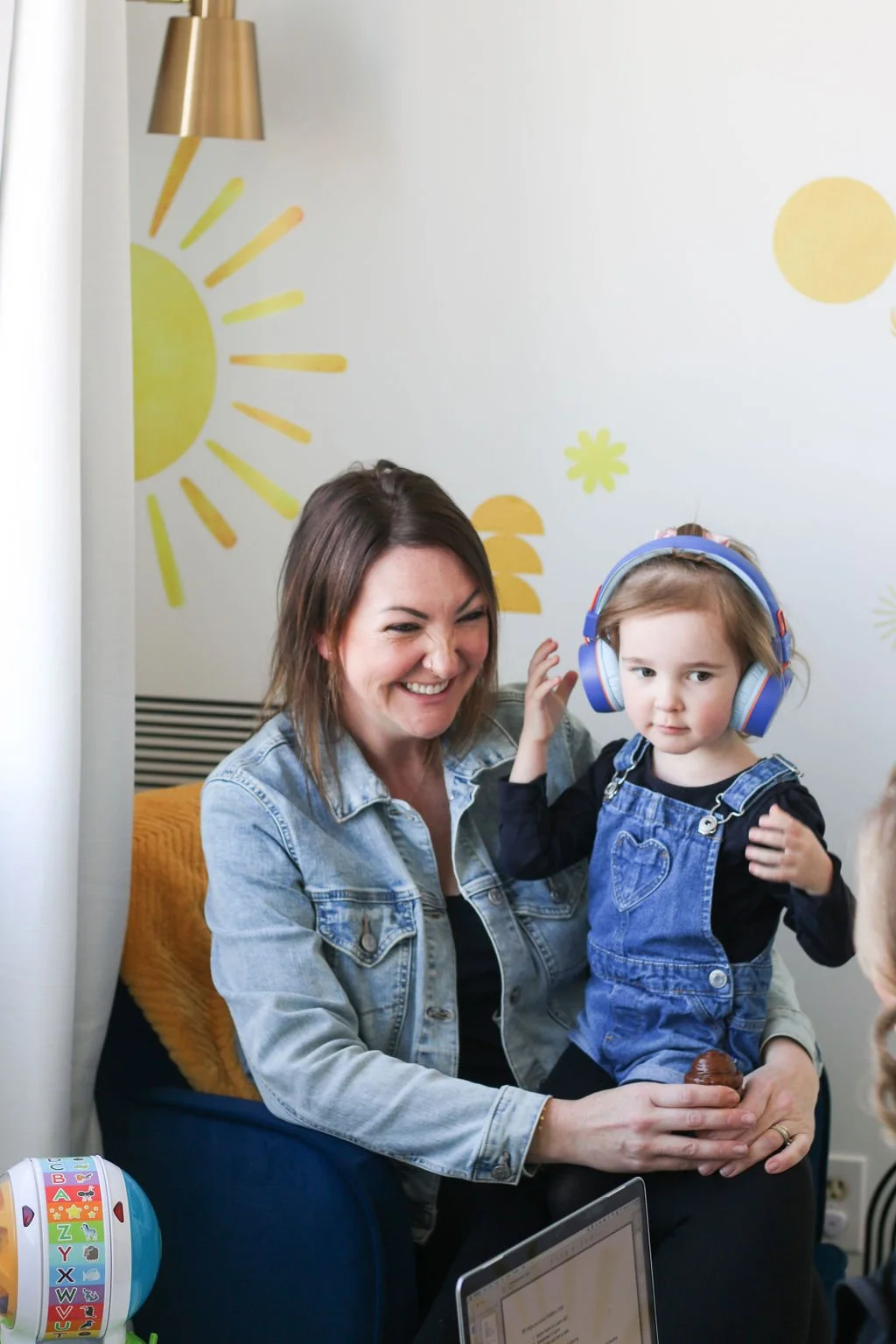For Kids Who Cringe at Contact: Body-Aware Support That Works
“Please don’t touch me.”
For some kids, physical touch feels comforting. For others, it’s confusing, overwhelming—or even downright distressing.
At Same Stars Wellness, we regularly meet families navigating what’s called sensory defensiveness—a type of sensory processing challenge where everyday touch feels threatening or uncomfortable to the nervous system.
Whether your child resists hugs, avoids textures, or struggles with basic care tasks like brushing hair or clipping nails, you are not alone. And more importantly? You are not doing anything wrong.
🧠 What Is Sensory Defensiveness?
Sensory defensiveness happens when the brain overreacts to touch input, reading even gentle contact as too much, too unpredictable, or too painful. It often shows up in kids who are:
Autistic or have sensory processing disorder (SPD)
Recovering from trauma or medical procedures
Highly anxious or overwhelmed by change
Living with ADHD, anxiety, or developmental differences
Kids with sensory defensiveness might:
Avoid hugs or physical affection (even from parents)
Struggle with haircuts, baths, or certain clothing
React strongly to “light” or unexpected touch
Freeze, flee, or lash out when touched
Prefer deep pressure and predictable contact (vs. light touch)
This isn’t misbehaviour—it’s sensory protection.
🌿 Gentle Body-Aware Therapies That Can Help
At Same Stars Wellness, we offer trauma-aware, sensory-informed treatments that meet kids exactly where they are. Our approach helps gently reintroduce safe, empowering experiences of touch without overwhelming their system.
✅ Pediatric Massage (Only When Ready)
Offered by skilled, kid-friendly RMTs like Jennifer Strukoff, our massages are tailored to your child’s comfort level. We often start with things like feet, hands, or firm pressure through clothing—whatever builds trust.
Massage can help:
Decrease tactile hypersensitivity over time
Regulate the nervous system
Improve body awareness and self-regulation
Support emotional bonding and confidence
✅ Craniosacral Therapy (CST)
CST uses extremely light touch—sometimes no more than the weight of a nickel—to help the nervous system unwind and rebalance. For many sensory-sensitive kids, it’s the first type of bodywork they accept.
Practitioners like Carla Feher specialize in working with neurodivergent children and those recovering from trauma. CST can help reduce:
Hypervigilance
Sleep issues
Digestive tension
Nervous system overwhelm
✅ Occupational Therapy Support
Our OT team uses sensory profiling and body-based interventions to help kids gradually increase their tolerance to different textures and sensations. They also support parents in creating sensory-friendly routines at home.
💬 What Parents Are Saying
“I was so nervous that my child would reject touch again—but Jennifer met them with so much respect, it felt safe immediately.”
“We finally have a place where the goal isn’t to ‘fix’ them, but to support them.”
“He started letting me cuddle him again for the first time in years.”
💛 Start Where Your Child Is
If your child hates being touched, that doesn’t mean they’ll never experience safe, positive connection through bodywork. It just means we take a different path—one that’s attuned, empowering, and grounded in consent.
You don’t have to push through discomfort. We’re here to build trust, gently and slowly.
👉 Book an appointment with a practitioner trained in sensory support—or reach out with questions. Our doors (and hearts) are open.
📚 Further Reading & Resources
Every child deserves safe, respectful care—and every parent deserves support along the way.

